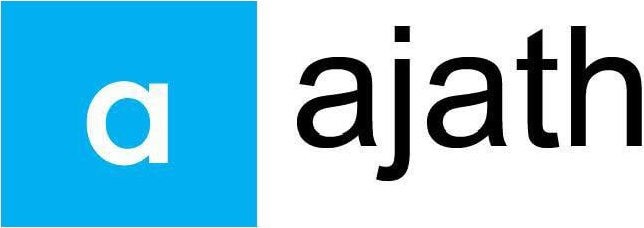 Monitoring of Nutrients of our daily food intake is a relevant and important problem in health care. Wearables or monitoring systems in smart healthcare are designed to maintain a healthy lifestyle, focusing on calorie input and calorie output monitoring. As important as it is to monitor the calorie output, it is equally important to monitor the calorie intake. Though the focus of such monitoring systems might range from tracking weight loss to having a healthy balanced diet, the underlying motivation is to address nutrition imbalances. This condition can be caused by both undernourishment, in which not sufficient nutrients are consumed, as well as overeating, which results in excessive consumption of non-nutrient rich food, particularly in fats and salt. Overeating can lead to obesity which is a serious health concern in affluent societies today. Imbalance nutrition in infants and children can manifest in numerous modalities in adulthood including weak immune systems, cognitive disorders, weakened the skeletal structure, thinning hairlines and bleeding gums, to mention just a few.
Monitoring of Nutrients of our daily food intake is a relevant and important problem in health care. Wearables or monitoring systems in smart healthcare are designed to maintain a healthy lifestyle, focusing on calorie input and calorie output monitoring. As important as it is to monitor the calorie output, it is equally important to monitor the calorie intake. Though the focus of such monitoring systems might range from tracking weight loss to having a healthy balanced diet, the underlying motivation is to address nutrition imbalances. This condition can be caused by both undernourishment, in which not sufficient nutrients are consumed, as well as overeating, which results in excessive consumption of non-nutrient rich food, particularly in fats and salt. Overeating can lead to obesity which is a serious health concern in affluent societies today. Imbalance nutrition in infants and children can manifest in numerous modalities in adulthood including weak immune systems, cognitive disorders, weakened the skeletal structure, thinning hairlines and bleeding gums, to mention just a few.
When man learned about electricals, he tried to add it to all things mechanical. When he learned about electronics, all electrical things started getting electronic components.
These days the trend is, anything that has electronic component is being hooked to the internet. This has given rise to a big network of devices talking to each other. All these connected devices are generating data and pushing it to the internet for others to consume or analyze. This is what is known as the Internet of things or IoT for short.

